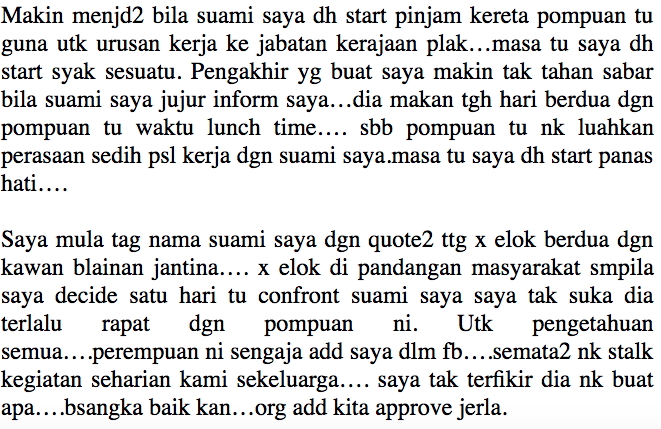Forex Strategy: What Is Fibonacci Trading?
Many day traders use Fibonacci retracement lines to determine entries and exits into the markets, as well as stop loss and take profit targets. Fortunately, the strategy is fairly easy to understand, but first, you'll want to learn about the numbers it is based on.
Essentially, the retracement lines are derived from the Fibonacci Sequence - which was discovered in the 13th Century by Italian mathematician Leonardo Fibonacci. The sequence is a series of numbers that occurs naturally in many different processes in the natural world. The first two numbers in the series are 0 and 1. Then, you can calculate the subsequent numbers by adding the last two numbers in the series together. Thusly, the sequence is:
0+0 = 0
0+1 = 1
1+1 = 1
1+2 = 3
2+3 = 5
3+5 = 8
5+8 = 13
And it continues on in this manner
Finding the Golden Ratio of Fibonacci Trading
Using these numbers, you can derive a series of ratios, which are very important in Fibonacci trading. You can find the "Golden Ratio" by dividing any number by the subsequent number in the series. For example, 13 divided by 21 is .619 and 21 divided by 34 is .617. In other words, the Golden Ratio is roughly 61.8 percent.
Additionally, two other ratios .382 and .236 are also used in Fibonacci Forex trading. These numbers are found by dividing two alternating numbers to find .382, like 144 and 377, and the .236 ratio is found by dividing a number by the third number to its right, like 5 and 21. So that's the basic idea behind the Fibonacci Sequence.
But now, you're probably wondering how the series and ratios are used in Forex trading.
Using Fibonacci Ratios in Forex Trading
To successfully use the Fibonacci retracement lines, you first need to do some technical analysis on recent charts. For example, if you use the 1-hour chart, take a look at it and see if you can find an uptrend or a downtrend. Once you've found a mature trend, you should draw a line at the top and bottom of the trend. This represents 0 and 100 percent. Then add in the Fibonacci retracement lines at 23.6 percent, 38.2 percent and 61.8 percent.
If it's an uptrend, the lines will start from the top - with 23.6 percent nearest the top of the chart - and for a downtrend, the Fibonacci lines start near the bottom, with 23.6 nearest to the bottom.
These retracement lines serve as support and resistance levels. So, if the trend was at the top of the chart, in theory, it would dip towards the 23.6 percent resistance level. If it does not break this level, you know that it's likely to jump back up, before retesting the 23.6 percent level. If the 23.6 percent line is broken, the next support level becomes 38.2. Thusly, the value of the currency pair would test the 38.2 level.
In other words, the retracement lines serve as reference points on the charts to help day traders determine entries, exits, stop loss and take profit targets.













